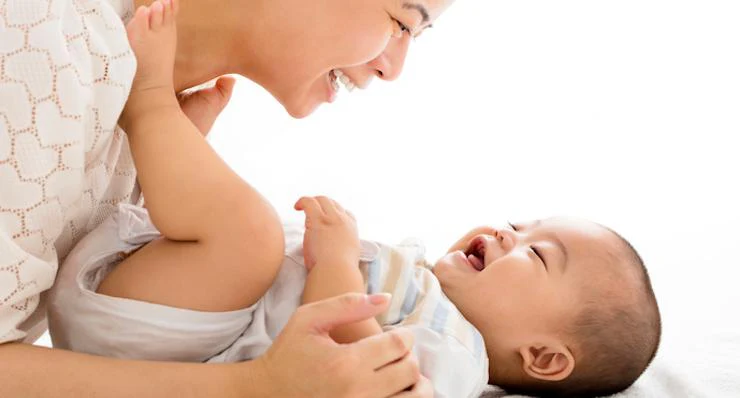
- Health advice
- Mar 16, 2017
In Australia approximately 1 in 3 infants are affected with hypersensitive skin or eczema. However, only approximately 20% of infants develop eczema in the rest of the industrialised world! Atopic eczema tends to develop in early childhood usually before the age of 6 months. Approximately 60% of all children grow out of it by the age of 16 however 80% of the severe cases continue to have life-long problems.
Natural treatment options for Babies with Hypersensitive Skin
Natural therapies aim to decrease the severity and frequency of eczema episodes, however, it is very important to seek medical help when your baby’s eczema is in the acute phase, that is when the skin is severely irritated. Eczema is characterised by patches of dry, red, scaly skin, often extremely itchy. It primarily appears on the face and sides of legs and arms like knees and elbows. Eczema usually occurs in periodic attacks triggered by difficult-to-handle stimuli. Babies affected by eczema are also usually very sensitive and restless, literally ‘thin-skinned’. Baby’s skin is 5 times thinner than an adult!
Baby Skin Care for Hypersensitive Skin
Use chemical-free natural skin care alternatives for your baby
Selecting gentle skin-care products will restore the skin’s natural barrier function and stimulate its regenerative powers. It is important to stay clear of products containing fragrances, artificial preservatives and any other ingredients that could further irritate the skin e.g. sodium lauryl sulphate (SLS).
Dietary Guidelines for babies to alleviate sensitivity
What your baby eats is also a major factor, so it’s important to consider potential allergens in foods eaten. If your baby is being breastfed, then also potential allergens in the food that you eat? Common allergens are cow's milk, eggs, peanuts, tree nuts, sesame, soy, fish, shellfish and wheat. In fact, these nine foods cause 90% of all food allergic reactions.
Keeping your environment healthy for your baby
Another important factor to consider is what your child comes into contact with in your home e.g. different types of surfaces, fabrics, cleaning products, and mould? You should eliminate or reduce your baby’s exposure to these.
If you are looking for a brand that you can trust Mr Vitamins recommends Weleda.
Weleda strives to source only the finest ingredients from biodynamic, organic and wild crafted suppliers. Weleda don’t just buy organic ingredients on the open market, they work in partnership with growers to ensure they know where the ingredients are grown, what the soil is like, and how and when the plants are harvested, distilled or processed. It’s Weleda's attention to detail that ensures maximum vitality and potency of the ingredients in their products.






